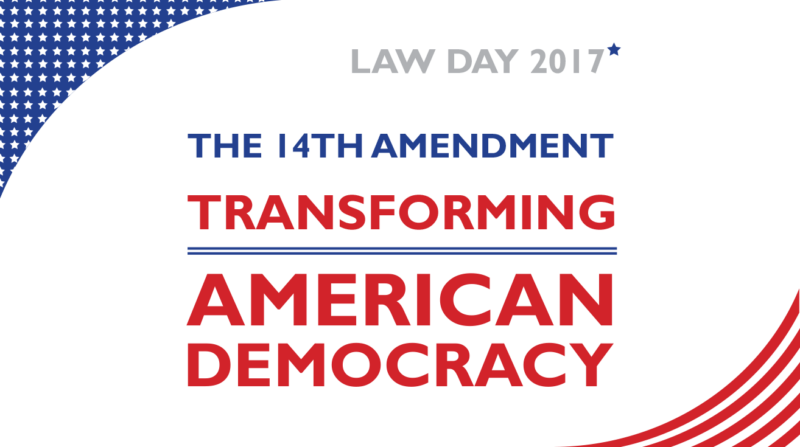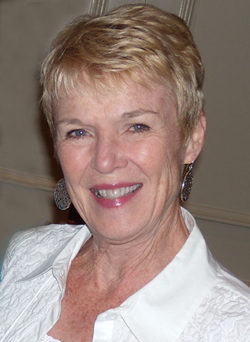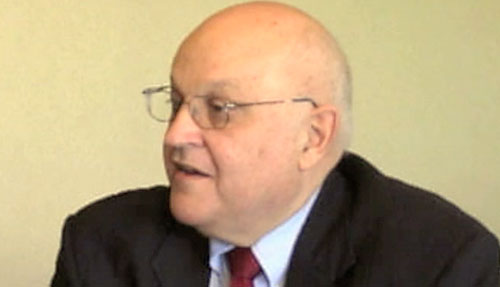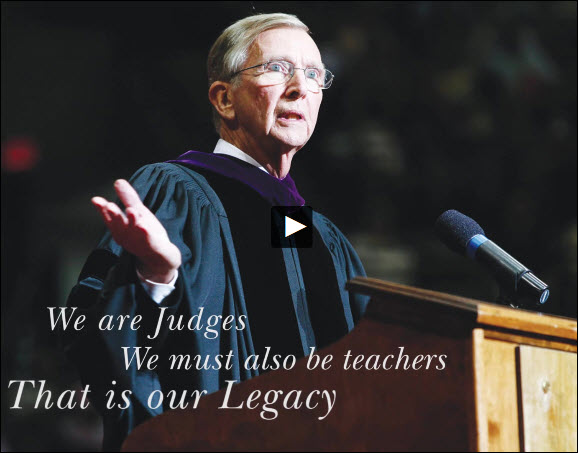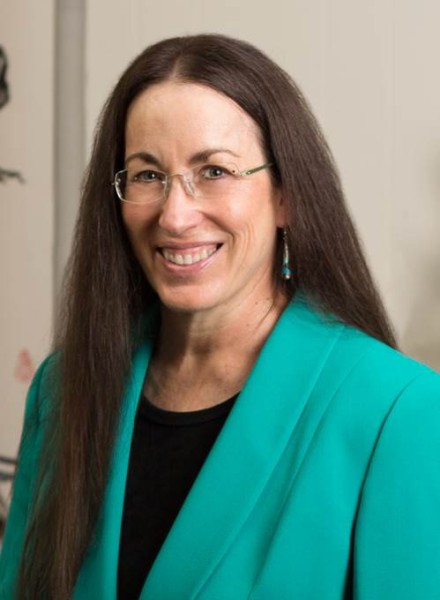Judicial Branch Educators are restless learners. As such, they continually investigate new research on teaching and learning and on topics of interest to courts. They also need to be critical thinkers, constantly evaluating what they know and what they need to learn. Rethinking learning styles is just such a topic. There is much to know about learning styles, but well-tested and documented research goes against the widely accepted view that teachers should alter their teaching styles according to their learners’ learning styles in order to maximize learning. In addition, research casts doubt on the reliability of assessments designed to determine individual learning styles.

